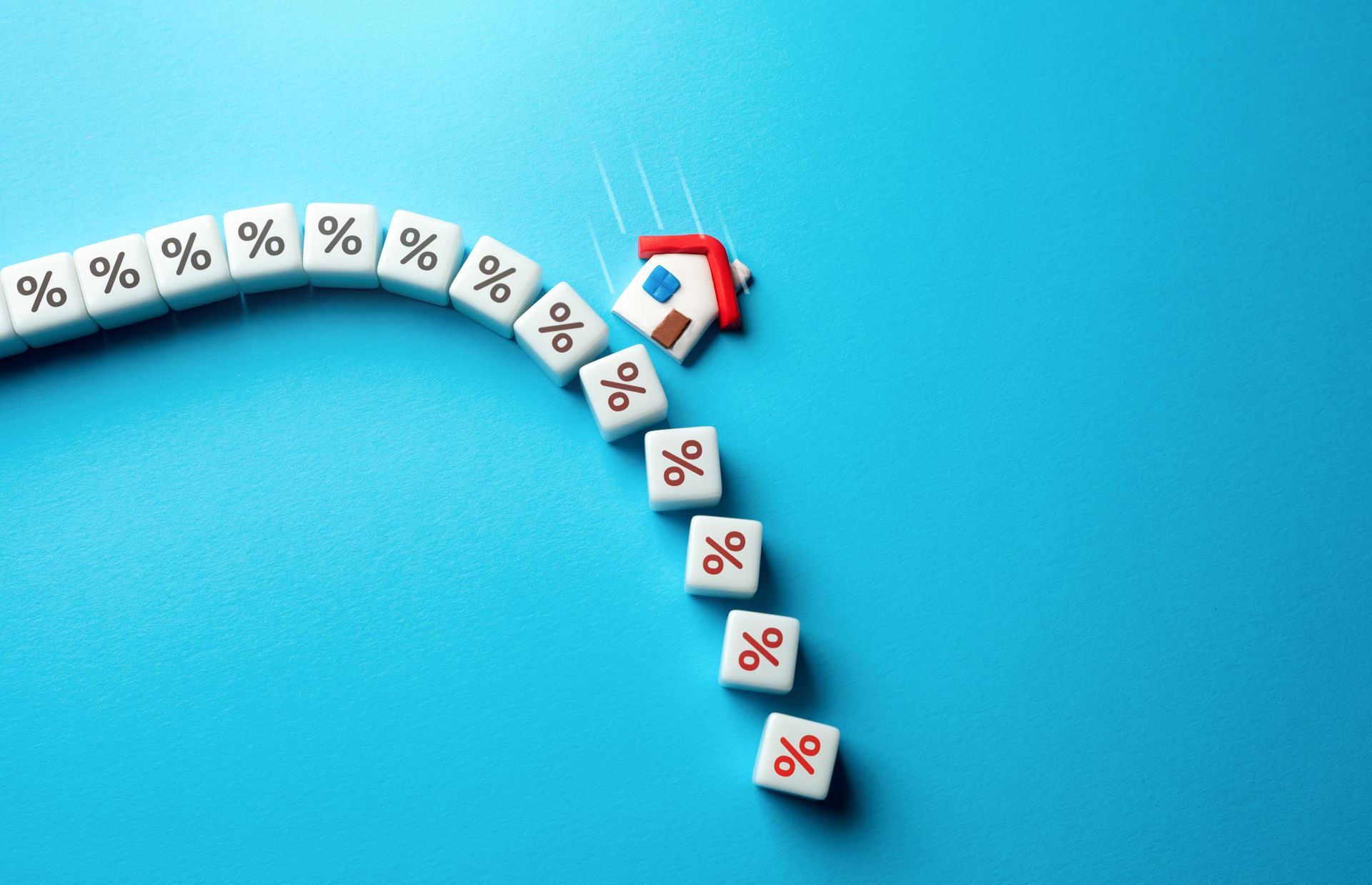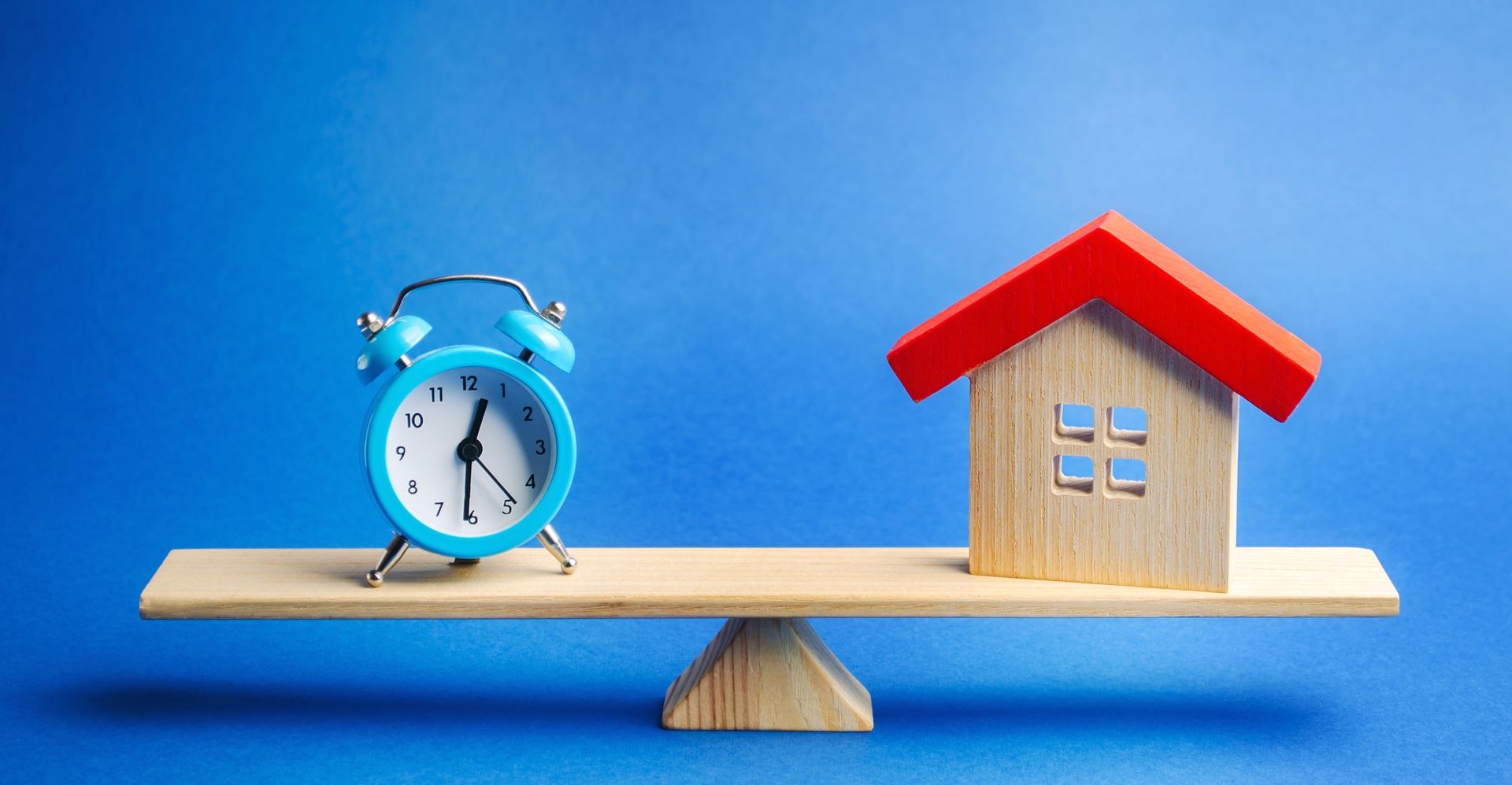A Guide to Mortgage Closing Costs
As a prospective mortgage buyer, you likely know that you will have to make a down payment. However, in addition to a down payment, you will also have to pay various legal and administrative costs when you close on your house. These expenses are known as closing costs.
Mortgage closing costs can be significant, which necessitates budgeting for them. You should budget between 1.5% to 4% of the house purchase price to cover these expenses.
What are the Different Types of Mortgage Closing Costs?
There are various types of potential mortgage closing costs. The following is a list of the common closing cost categories.
Legal Fees
You will need to hire a residential real estate lawyer to handle your house purchase. A lawyer provides essential services like conducting a title search, drafting the title deed, and filing official documents. You can expect to pay between $500 and $1000 for legal fees, which are payable at closing to your lawyer.
Appraisal Fees
Many mortgage lenders will want an appraisal of the property you will be purchasing. An appraisal confirms the market value of the property for the lender. Appraisal fees range from $250-$350, although they are sometimes paid by the lender.

Land Transfer Taxes (Provincial & Municipal)
Whenever you buy a resale home in most provinces (except for Alberta and Saskatchewan), you are required to pay a land transfer tax (LTT). The tax is a percentage of the house's purchase price and is payable on closing. Tax rates vary by province and some cities like Toronto also have a municipal LTT.
Building Inspection Fees
You should order a professional home inspection before agreeing to buy a house. A home inspector will assess the condition of the home and will look for issues like water damage or inadequate insulation. The cost of a home inspection is around $500 and is paid directly to the inspector.
Land Survey Fee
Most lenders require the seller to produce a land survey. However, if there is no survey available from the seller, you may have to pay for a new one as the buyer. A land survey can cost between $500-$1,000, depending on the size and type of the property.
Property Taxes
Property taxes vary by municipality and are a percentage of your home's value. If the seller has already paid property taxes in full for the entire year, you will need to reimburse them for the months you will be occupying the residence.
GST or HST (New Build Homes)
Newly built homes are subject to either goods and services tax (GST) or harmonized sales tax (HST), depending on the province. The builder may include the GST/HST into the selling price, which would allow you to finance this amount with your mortgage. Otherwise, you will have to pay it at closing.
You may be able to get a partial rebate on the GST amount if the home is your primary residence and it is valued under $450,000.

PST on Mortgage Default Insurance
While you can finance mortgage default insurance through your mortgage, the premiums may be subject to provincial sales tax (PST) which cannot be financed. Specifically, mortgage default insurance premiums in Saskatchewan, Ontario, and Quebec are subject to PST and this amount must be paid at closing.
Fire Insurance
You must obtain fire insurance on the house you wish to purchase before closing. A fire insurance policy covers the cost of replacing your home and personal belongings in the event of significant damage or theft. The cost of fire insurance will vary based on factors like replacement value and coverage type.
Title Insurance
Title insurance protects you against losses in the event of a property ownership dispute or real estate title fraud. It can be purchased through your lawyer or notary and costs about $400.
Origination Fee
An origination fee is a fee that lenders sometimes charge to borrowers taking out a B, subprime mortgage or private mortgage. Origination fees average between 0.5% and 1.5% of the overall loan amount and are payable at closing. In some instances, the lender may add the fee to the mortgage balance so you don’t need to pay it at closing.
Are There Any Other Mortgage Closing Costs?
There may be other costs you will incur that are not mortgage closing costs per se, but you should be prepared for them if they apply to your situation. Some of these expenses may include:
- Moving Costs
- Service Hook-Up Fees
- Condo Status Certificate
- Prepayment Penalties/Mortgage Discharge Fee (if you are refinancing)
Another item you may want to consider paying for is mortgage creditor insurance or life insurance. Either of these can help pay off or reduce your mortgage in the event of death or critical illness.
One last item that is not an expense but is a cost of borrowing that sometimes surprises a new borrower is the interest adjustment date (IAD) payment. The IAD is the date on which the mortgage term will commence. It is most commonly the first day of the month after closing. The interest adjustment amount is a one-time interest expense that is typically paid on the closing date of your mortgage. It occurs whenever you receive mortgage funds (i.e., close your mortgage) before the IAD, whereby the lender calculates interest from your closing date to the IAD. The interest amount that covers this short period is called the interest adjustment amount.

Mortgage Closing Costs and New Home Buyers
Closing costs can vary based on your property type and jurisdiction. It is worth your time to investigate what they may be. Also, keep an eye out for special offers from lenders where they pay some mortgage closing costs like legal fees or appraisal fees as an added incentive.
If you read this far, you are likely looking for mortgage financing. Get the security of knowing what you can qualify for by getting a quick and easy pre-approval from Frank Mortgage at www.frankmortgage.com. Or, you can get a free consultation by giving us a call at 1-888-850-1337.
About The Author

Don Scott
Don Scott is the founder of a challenger mortgage brokerage that is focused on improving access to mortgages. We can eliminate traditional biases and market restrictions through the use of technology to deliver a mortgage experience focused on the customer. Frankly, getting a mortgage doesn't have to be stressful.
Related Posts






